Applied Suicide Intervention Skills Training (ASIST) – 2 days
Learn how to prevent suicide by recognising signs, providing a skilled intervention, and developing a safety plan.
Description
Delivery: 2 days (15 hours) via face-to-face classroom
Audience: Anyone, 16 years +
Applied Suicide Intervention Skills Training (ASIST) is the world’s leading suicide intervention workshop, founded on the principle that everyone can make a difference in preventing suicide. As the leading cause of death amongst Australians between the ages of 15 and 49, suicide has a devastating impact on individuals, families, workplaces, and entire communities. The more people in the community who have suicide intervention training, the more likely it is they will be able to identify someone at risk and intervene to keep them safe.
ASIST is widely used by healthcare professionals and is a mandatory component of training in many workplaces. Nurses, physicians, mental health professionals, pharmacists, teachers, counsellors, youth workers, police, first responders, correctional staff, school staff, clergy, and volunteers have all found that ASIST complements their existing training and knowledge. However, as the training is comprehensive, applicable across many contexts, and doesn’t rely on previous qualifications, workers across all industries benefit from undertaking ASIST training.
In the course of the two-day workshop, you will learn to:
- understand the ways personal and societal attitudes affect views on suicide and interventions
- provide guidance and suicide first-aid to a person at risk in ways that meet their individual safety needs
- identify the key elements of an effective suicide safety plan and the actions required to implement it
- appreciate the value of improving and integrating suicide prevention resources in the community at large
- recognise other important aspects of suicide prevention including life-promotion and self-care.
During the training you will be encouraged to share your attitudes about suicide and suicide intervention, reflect on how these attitudes may impact your caregiver role with a person at risk, and appreciate diverse perspectives by considering the views of others. The workshop encourages honest, open, and direct talk about suicide as part of preparing you to provide suicide first-aid.











